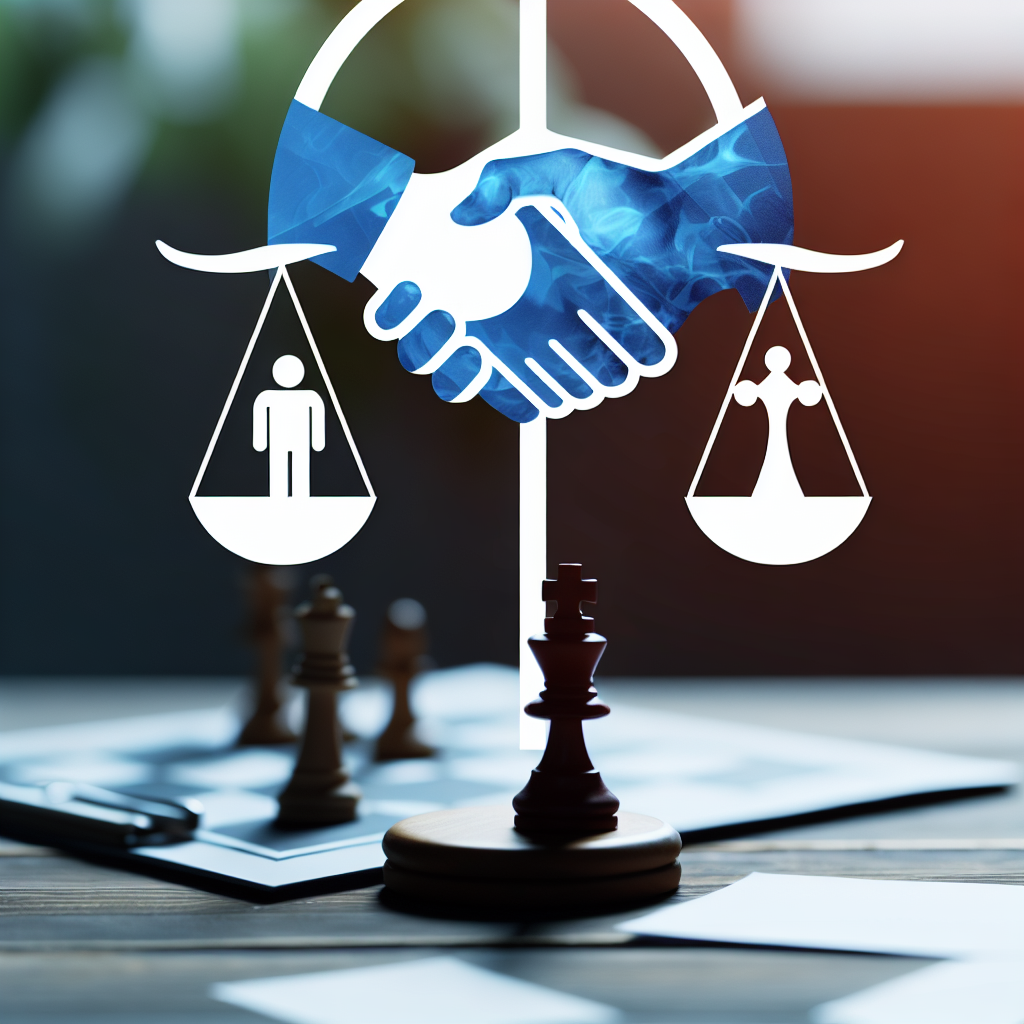
Conflict Resolution Skills for Leaders
Conflict Resolution Skills for Leaders
In today’s fast-paced and diverse business environment, leaders must possess a wide array of skills to navigate challenges effectively, one of the most critical being conflict resolution. Conflict is an inevitable part of any organization, but it can lead to creative solutions and enhanced relationships if managed well. This article explores essential conflict resolution skills for leaders, enhancing their ability to foster collaboration and drive their teams toward success. At The Consultant Global, we understand the importance of these skills, bolstered by our extensive experience in multi-cultural environments across the GCC and UAE.
Understanding Conflict in Leadership
Conflict, when viewed through the lens of leadership, can be an opportunity for growth rather than a setback. It arises from differences in values, beliefs, and perspectives among team members. As a leader, recognizing the types of conflict is the first step toward dealing with them effectively.
The Types of Conflict
- Task Conflict: Disagreements about the content and outcomes of tasks can lead to innovative ideas if managed properly.
- Relational Conflict: Personal disagreements can harm team dynamics and must be addressed with sensitivity.
- Process Conflict: Disputes about how to accomplish tasks can stifle productivity if not resolved.
Essential Conflict Resolution Skills for Leaders
Leaders equipped with robust conflict resolution skills can mitigate tension and transform disagreements into constructive discussions. Here are key skills every leader should cultivate:
1. Active Listening
Active listening involves being fully engaged in the conversation. Leaders must listen to understand, not merely to respond. This builds trust and ensures all parties feel valued.
- Practice reflecting back what the other person has said to confirm understanding.
- Avoid interrupting and give each speaker full attention.
2. Empathy
Empathy is the ability to understand and share the feelings of others. Leaders who practice empathy can better navigate conflicts by acknowledging the emotions involved.
- Recognize and validate the feelings of team members, even in disagreement.
- Encourage open communication to create a safe space for expressing concerns.
3. Effective Communication
Clear communication helps to prevent misunderstandings that can escalate conflicts. Leaders need to articulate their thoughts concisely and encourage others to do the same.
- Use “I” statements to express feelings without sounding accusatory.
- Encourage feedback and ask open-ended questions to foster dialogue.
4. Problem-Solving
Leaders should focus on resolving conflicts rather than becoming embroiled in them. This requires a strategic approach to problem-solving.
- Identify the underlying interests of each party rather than just their positions.
- Collaborate with team members to brainstorm solutions that satisfy all parties involved.
5. Negotiation Skills
Negotiation involves finding a middle ground between differing perspectives. Leaders must be skilled negotiators to mediate conflicts effectively.
- Prepare for negotiations by understanding each party’s needs and priorities.
- Be willing to compromise while ensuring core interests are protected.
6. Emotional Intelligence
A high level of emotional intelligence allows leaders to navigate their own emotions while understanding the feelings of others. This is crucial in conflict situations.
- Self-regulate emotions to respond rather than react impulsively.
- Use emotional insights to guide interactions toward a positive resolution.
7. Patience
Conflict resolution often takes time. Leaders must exercise patience as they guide teams through the process.
- Allow ample time for discussions and reflection among team members.
- Understand that resolution may require multiple conversations.
The Role of Culture in Conflict Resolution
In the Gulf Cooperation Council (GCC) and UAE, cultural differences play a significant role in conflict dynamics. Leaders must be adept at recognizing and respecting these differences to foster an inclusive environment.
Cultural Awareness
Understanding cultural backgrounds can aid leaders in tailoring their conflict resolution approaches.
- Be mindful of varying communication styles and conflict approaches influenced by culture.
- Engage in cultural competence training to enhance interactions across diverse teams.
Implementing Training Programs to Enhance Skills
Organizations can benefit immensely from structured training programs focused on conflict resolution skills. Such programs educate leaders and teams on best practices and techniques to manage conflicts effectively.
Benefits of Training
- Enhanced team dynamics and improved collaboration.
- Increased retention rates as employees feel valued and understood.
- Improved overall productivity as conflicts are resolved swiftly and amicably.
Choosing the Right Partner
At The Consultant Global, we are committed to developing leaders who excel in conflict resolution. Our extensive experience in diverse sectors and unique cultural insights set us apart in the GCC, particularly in the UAE. We understand that consulting should not be one-size-fits-all and work closely with our clients to tailor programs that resonate with their specific needs.
Conclusion
Conflict resolution is an essential skill for leaders striving to create a collaborative and productive team environment. By honing active listening, empathy, effective communication, problem-solving, negotiation, emotional intelligence, and patience, leaders can effectively manage and resolve conflicts. Embracing cultural diversity and investing in training further empowers leaders and their teams to thrive in the face of challenges.
At The Consultant Global, we pride ourselves on being your trusted advisors. Our extensive language skills and ability to work across cultures allow us to deliver exceptional consultancy services, ensuring that our clients achieve the best possible outcomes in the GCC and beyond. Together, let’s unlock the full potential of your leadership team’s conflict resolution skills and elevate your organization to new heights. We are The Consultant Global—and we get things done!




Leave a Reply